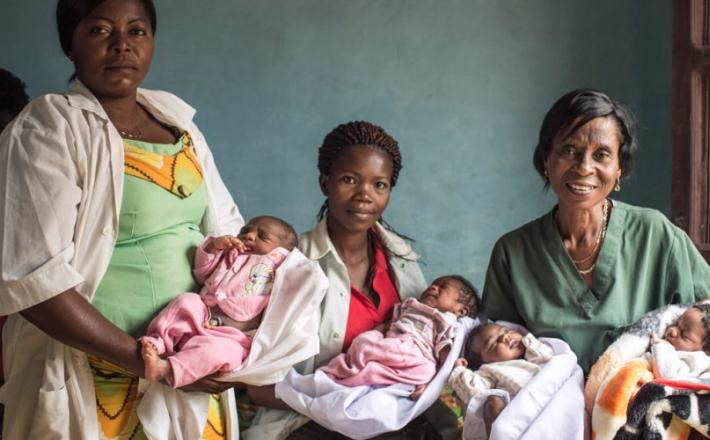Women and COVID-19: five things governments can do now
Source: Global Cause
While the economic and social impacts of COVID-19 on all are severe, they are more so for women. Many industries directly affected by quarantines– travel, tourism, restaurants, food production – have very high female labour force participation.
Women also typically shoulder a greater burden of care. On average, women did three times as much unpaid care work as men at home even before COVID-19. Now, formal sector female employees with children are balancing one or more of the following: work (if they still have it), childcare, home-schooling, elder care, and housework. Female-headed households are particularly vulnerable.
Apart from the direct impacts of the disease, women may find it hard to access much needed maternal health services given that all services are being directed to essential medical needs. Availability of contraception may become disrupted. Women’s personal safety is also at risk and domestic abuse rates have drastically increased during COVID-19.
Because the majority of frontline health workers – especially nurses – are women, their risk of infection is higher.While attention must be paid to ensuring safe conditions for ALL caregivers, special attention is needed for female nurses and carers.
Click here to read the full article published by Global Cause on 17 September 2020.

While the economic and social impacts of COVID-19 on all are severe, they are more so for women. Many industries directly affected by quarantines– travel, tourism, restaurants, food production – have very high female labour force participation.
Women also typically shoulder a greater burden of care. On average, women did three times as much unpaid care work as men at home even before COVID-19. Now, formal sector female employees with children are balancing one or more of the following: work (if they still have it), childcare, home-schooling, elder care, and housework. Female-headed households are particularly vulnerable.
Apart from the direct impacts of the disease, women may find it hard to access much needed maternal health services given that all services are being directed to essential medical needs. Availability of contraception may become disrupted. Women’s personal safety is also at risk and domestic abuse rates have drastically increased during COVID-19.
Because the majority of frontline health workers – especially nurses – are women, their risk of infection is higher.While attention must be paid to ensuring safe conditions for ALL caregivers, special attention is needed for female nurses and carers.
Click here to read the full article published by Global Cause on 17 September 2020.